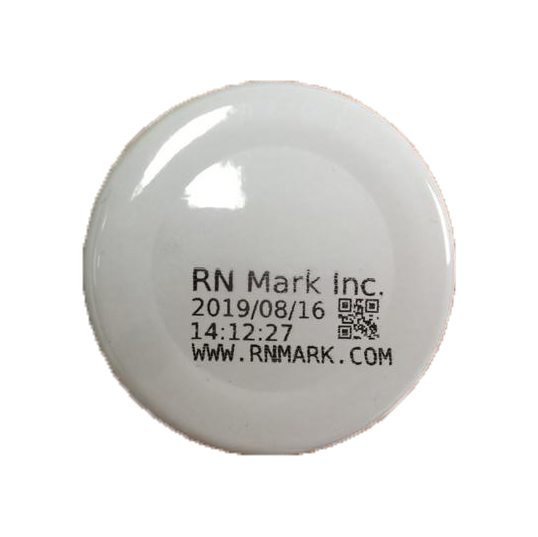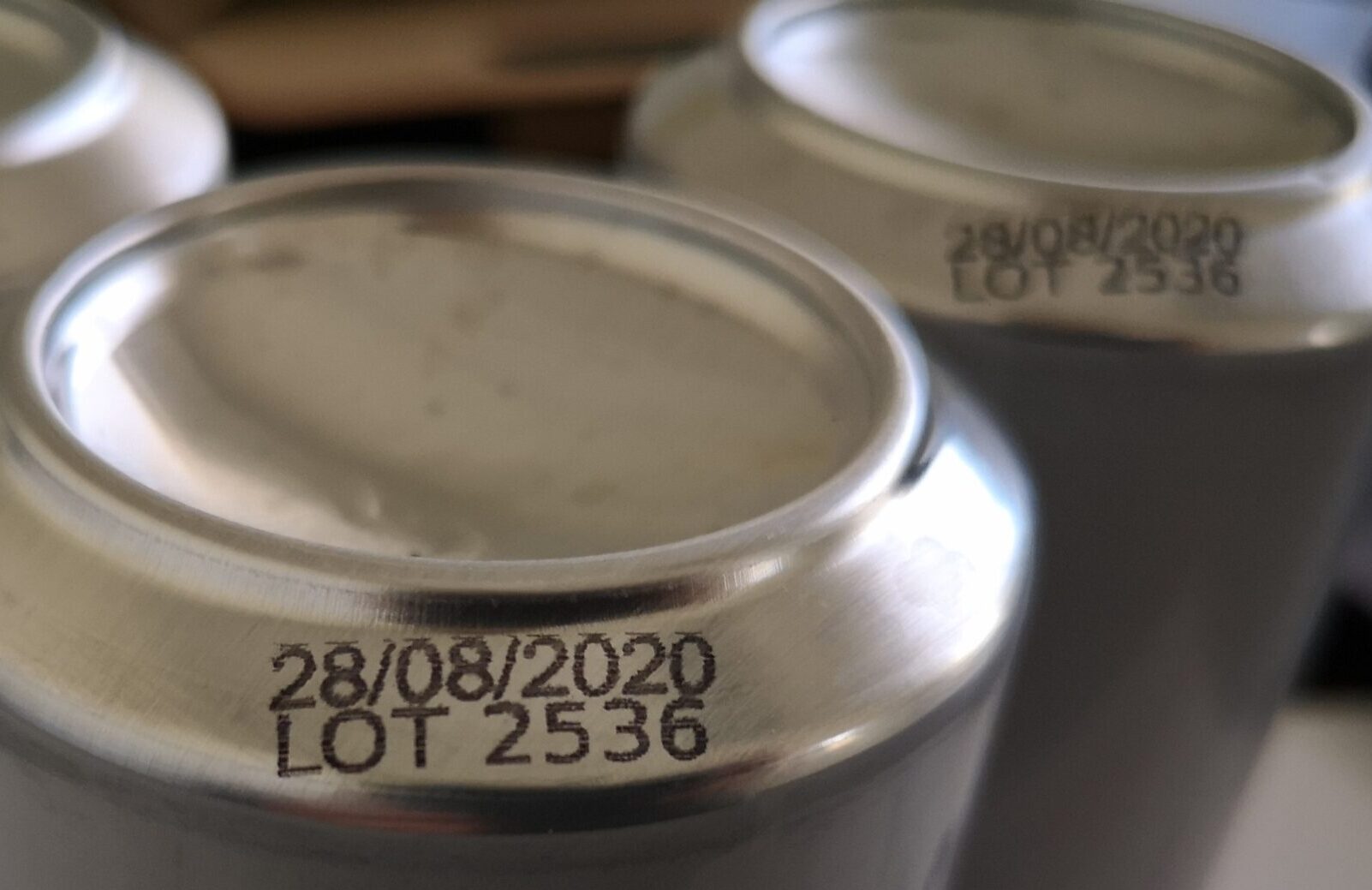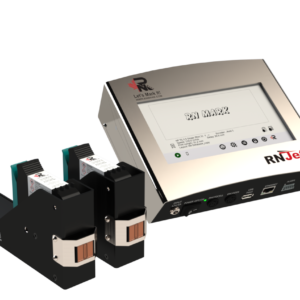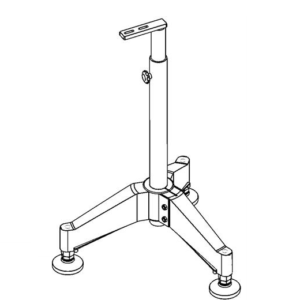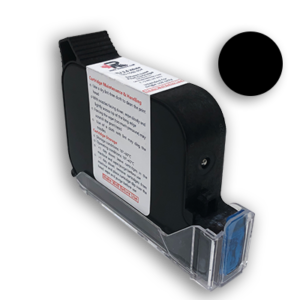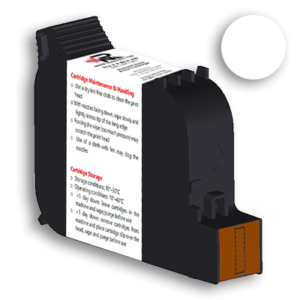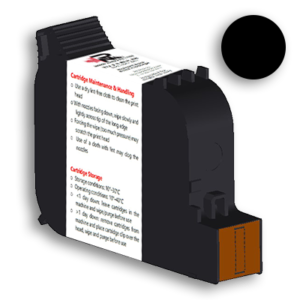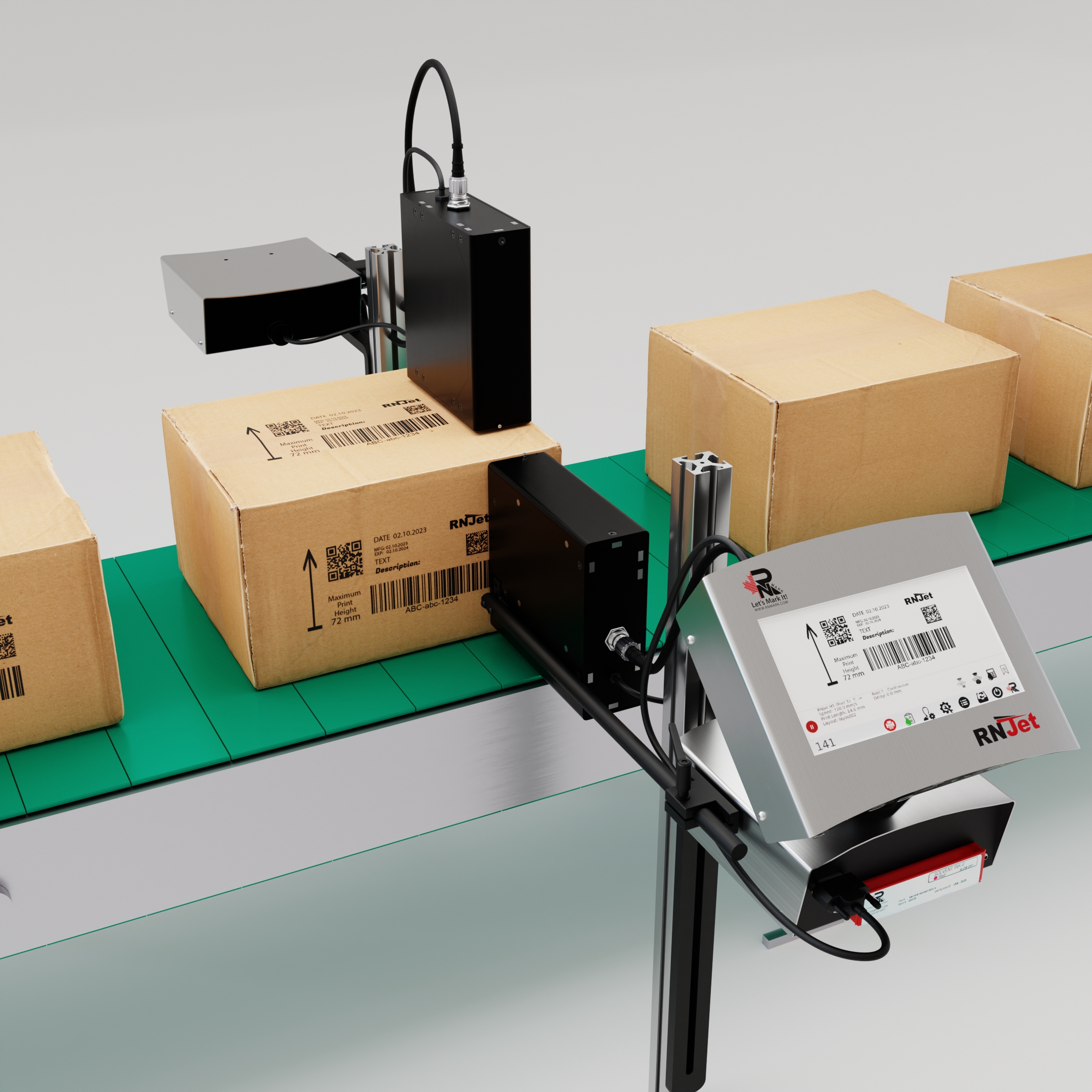Description
The best option is to mark your products with NO maintenance, easy to operate industrial inkjet printer from a Canadian Manufacturer. Ideal for small production with no mess and highly economical!
Which application you could mark with Industrial Inkjet Printer RNJet H1+:
- Automotive
- Brewery Beer Cans
- Egg Printing
- Face Respirators, PPE & MASKS
- Hand Sanitizer Bottles
- Pallets and Wood Products
- Food & Condiments
- Pharmaceutical & Medical
- Cardboard & Carton
- Pet Food
- Grain & Cement
- Beverage
- Electronic Components
- Cosmetics & Personal Care
- Dairy
Industrial Inkjet Printing with RNJet H1+:
- LOT Number
- EXP and MFG Dates (auto)
- Logo
- Barcode (any type, including QR-Code)
- Shift Code (auto)
- Data-base
- Counter
- UDI (GS1 Data Matrix etc.)
- Ingredients
For more information do not hesitate to contact us or visit the related product page.
The Versatility and Power of Industrial Inkjet Printing
In today’s fast-paced manufacturing and packaging environments, the need for efficient, high-quality coding and marking solutions has never been more critical. Among the various printing technologies available, industrial inkjet printers have emerged as a standout choice, offering businesses a versatile and powerful tool to meet their diverse coding and marking requirements.
Understanding Industrial Inkjet Printing
At the core of industrial inkjet printing technology is the ability to precisely control the deposition of ink droplets onto a wide range of substrates, from porous materials like paper and cardboard to non-porous surfaces such as plastic, metal, and glass.
There are two primary types of industrial inkjet printing technologies: thermal inkjet (TIJ) and piezoelectric inkjet. Thermal inkjet printers, like the RNJet H1+, use heat-generated bubbles to propel the ink, while piezoelectric printers utilize electrical impulses to eject the ink droplets. Both technologies offer unique advantages in terms of print quality, speed, and versatility.
One of the key benefits of industrial inkjet printing is its ability to produce high-resolution, crisp text, barcodes, and graphics, typically up to 600 x 300 DPI. This level of print quality ensures that critical information, such as expiration dates, batch codes, and serial numbers, remains clearly legible on the final product.
The key features of industrial inkjet printers include:
Ink Technology
Industrial inkjet printers typically use either continuous inkjet (CIJ) or drop-on-demand (DOD) technology. CIJ printers use a high-pressure pump to force ink through a small nozzle, creating a continuous stream of droplets that are electrically charged and deflected to form the desired image. DOD printers, on the other hand, only eject ink droplets when needed, making them more efficient and cost-effective for certain applications.
Print Speed and Resolution
Industrial inkjet printers can achieve high print speeds, often reaching up to 1,777 characters per second, and print resolutions of up to 300 dpi. This makes them suitable for high-volume printing applications, such as product coding and marking.
Versatility
Industrial inkjet printers can print on a wide range of materials, including paper, plastic, metal, and glass. They are often used for printing barcodes, serial numbers, expiration dates, and other variable data on products and packaging.
Maintenance and Reliability
Industrial inkjet printers are designed for continuous operation and minimal maintenance. Features like automatic nozzle cleaning and ink recirculation help to ensure reliable performance and reduce downtime.
Integration and Connectivity
Many industrial inkjet printers offer advanced features, such as WYSIWYG (What You See Is What You Get) software, wireless connectivity, and integration with enterprise systems, making them easy to integrate into existing production lines.
When selecting an industrial inkjet printer, it is important to consider factors such as print speed, resolution, ink compatibility, and integration capabilities to ensure that the printer meets the specific needs of the application. Investing in a high-quality, reliable industrial inkjet printer can help improve productivity, reduce costs, and enhance the overall efficiency of the production process.



